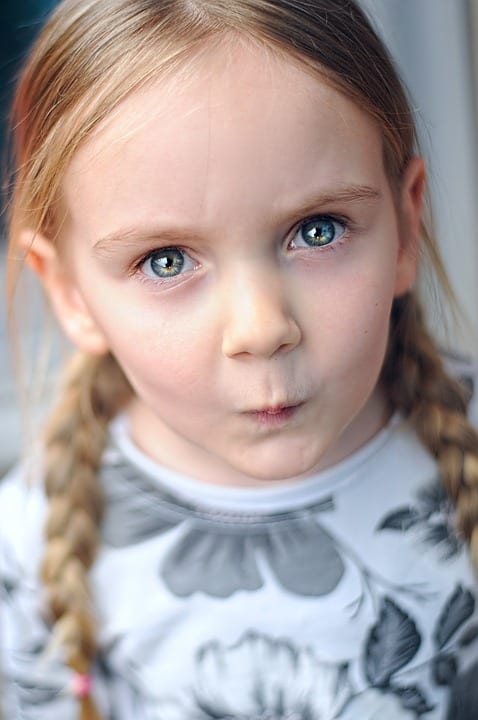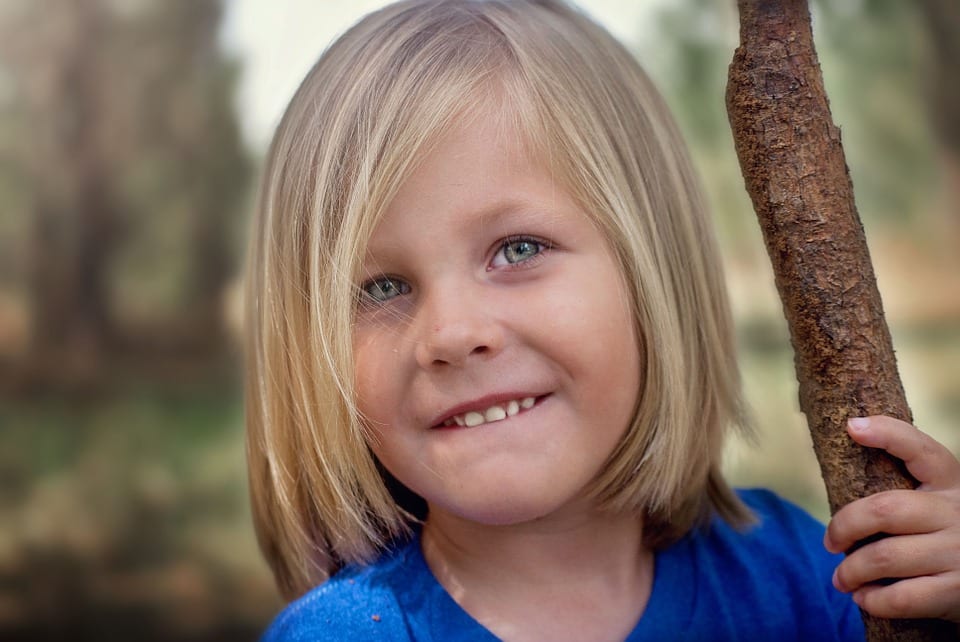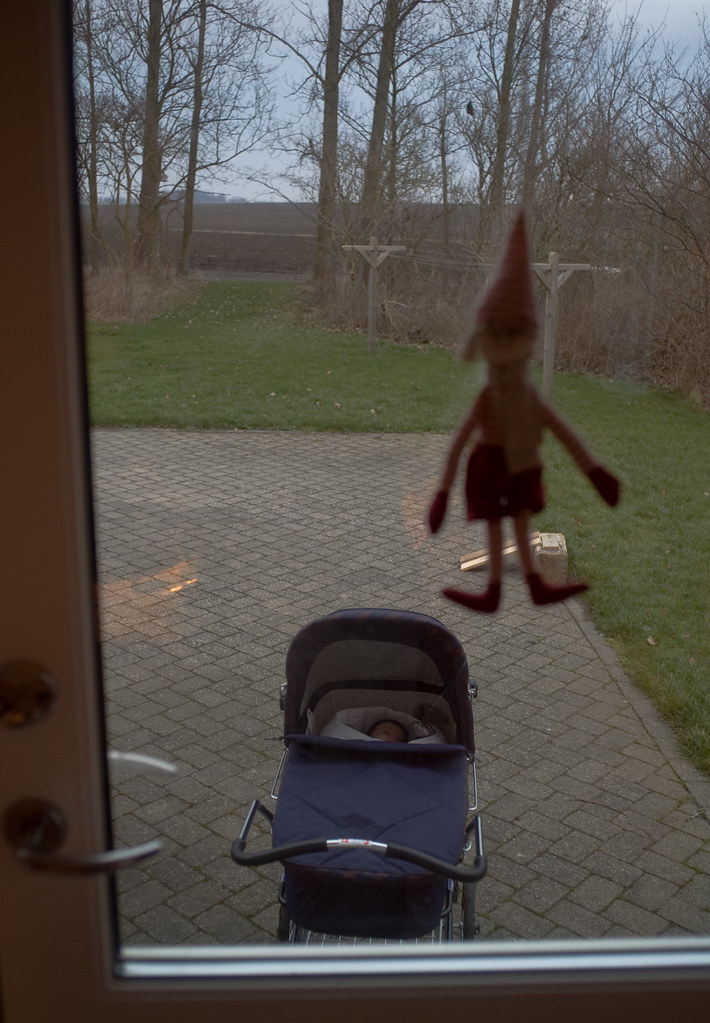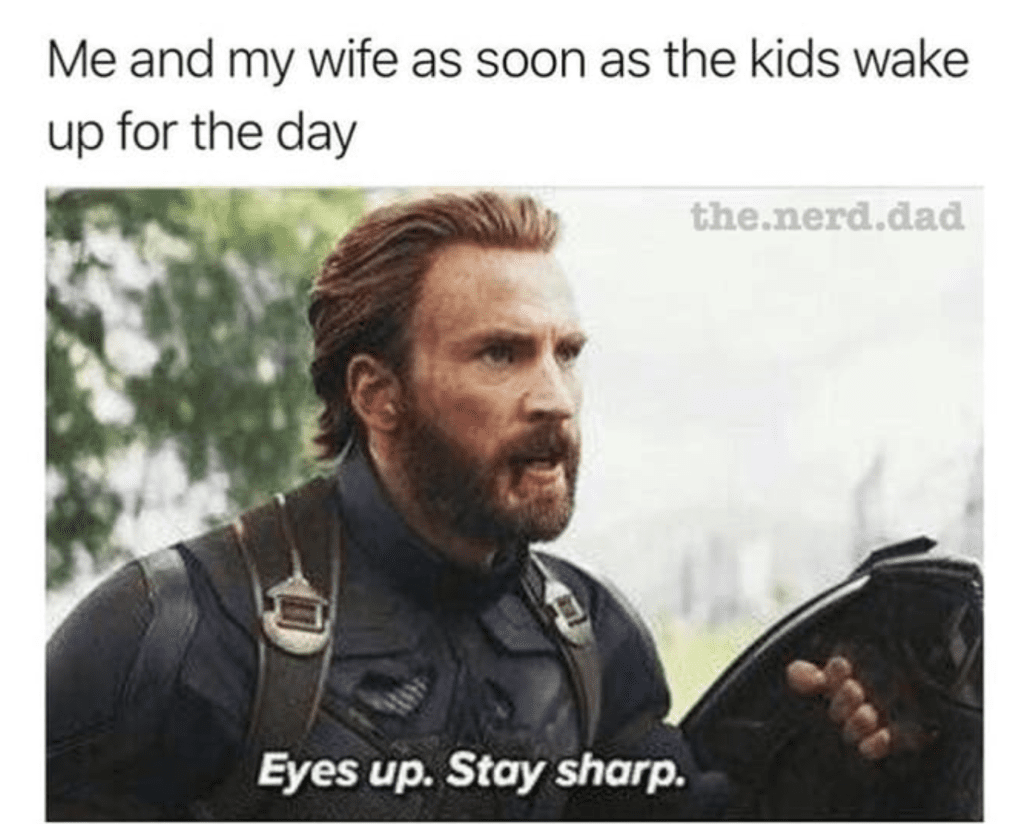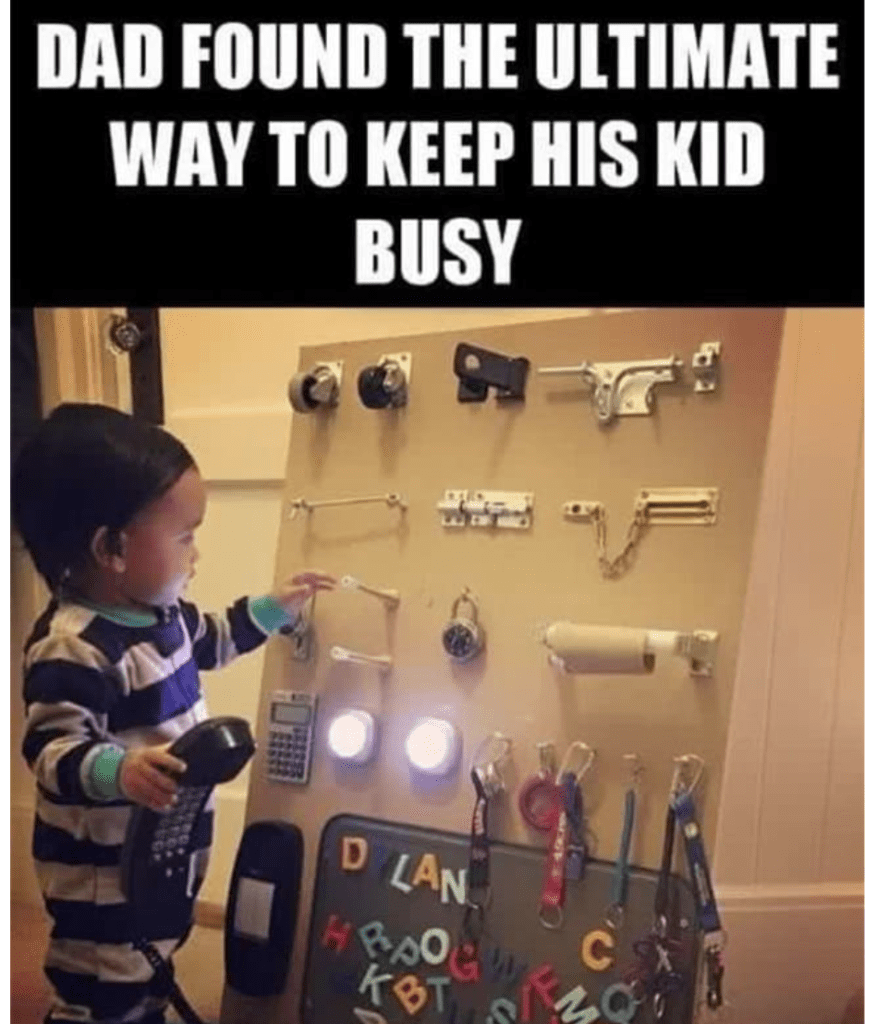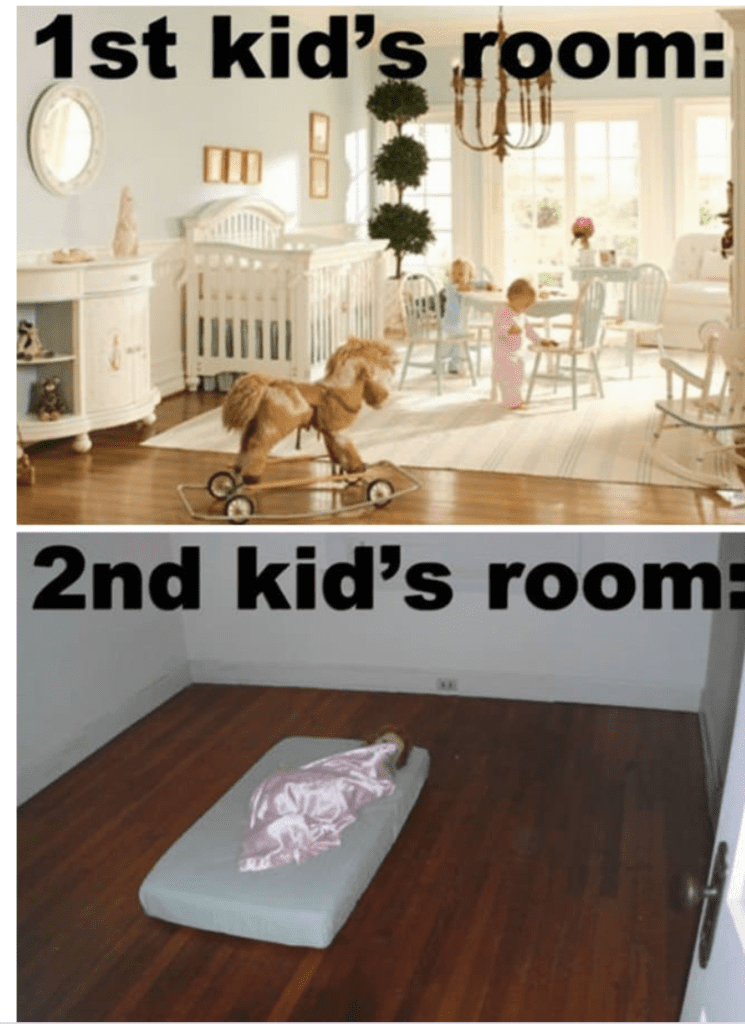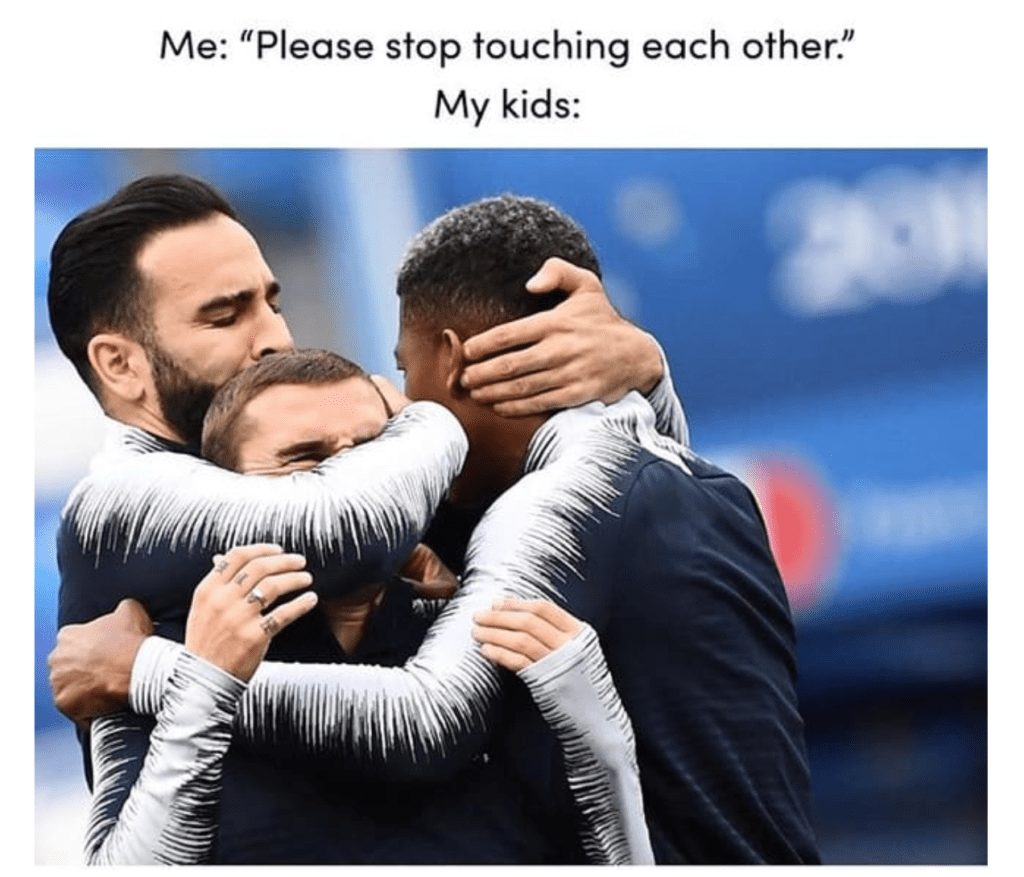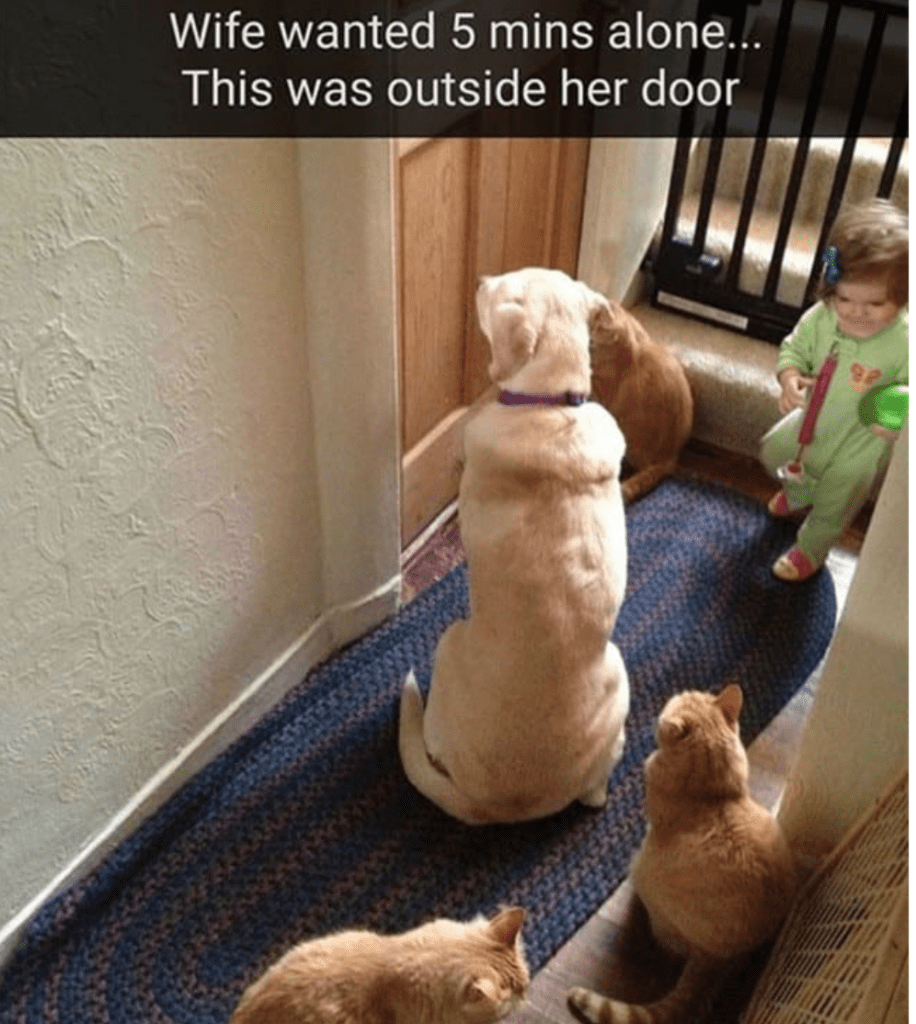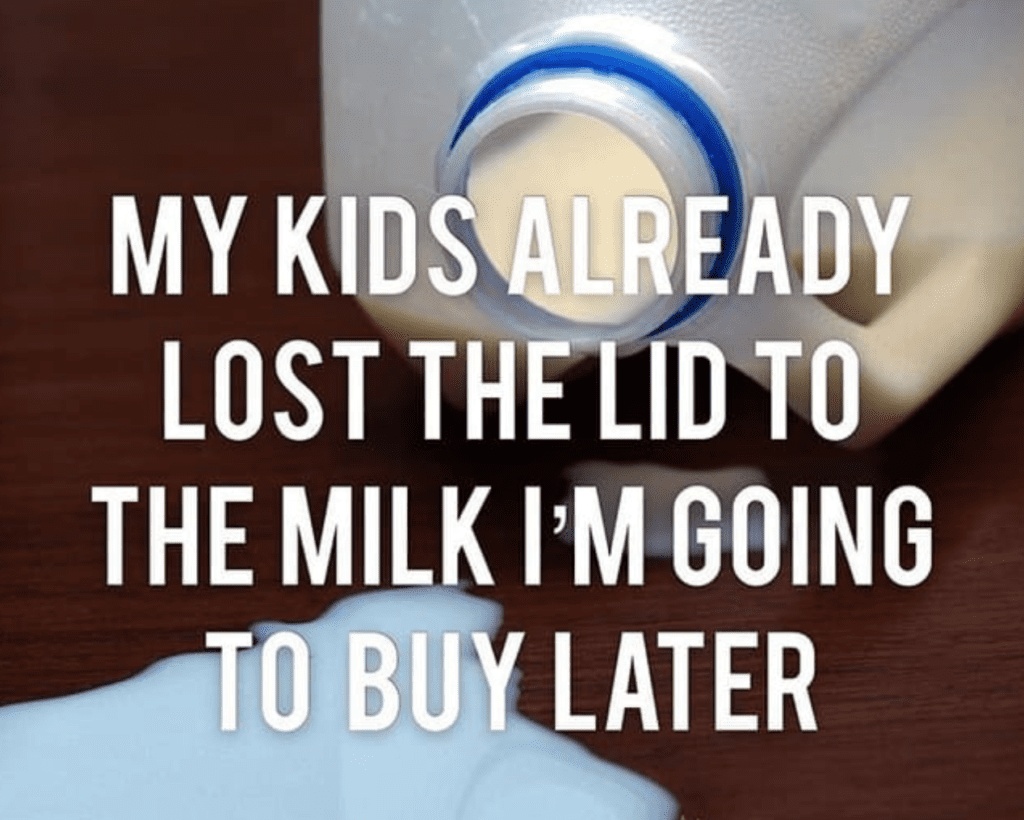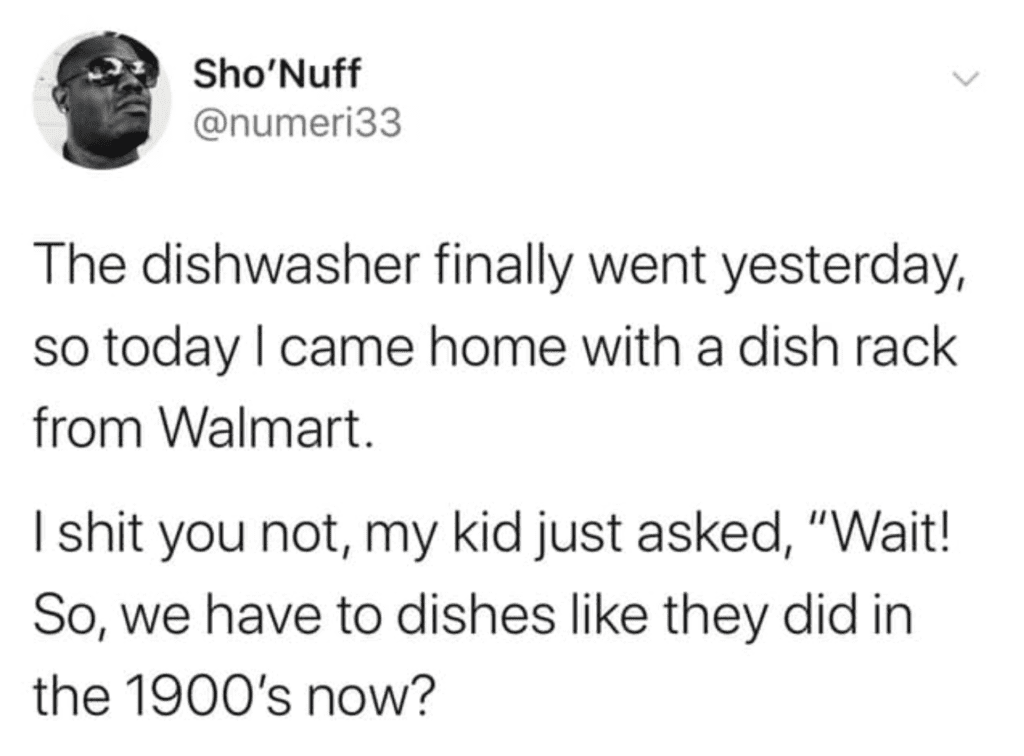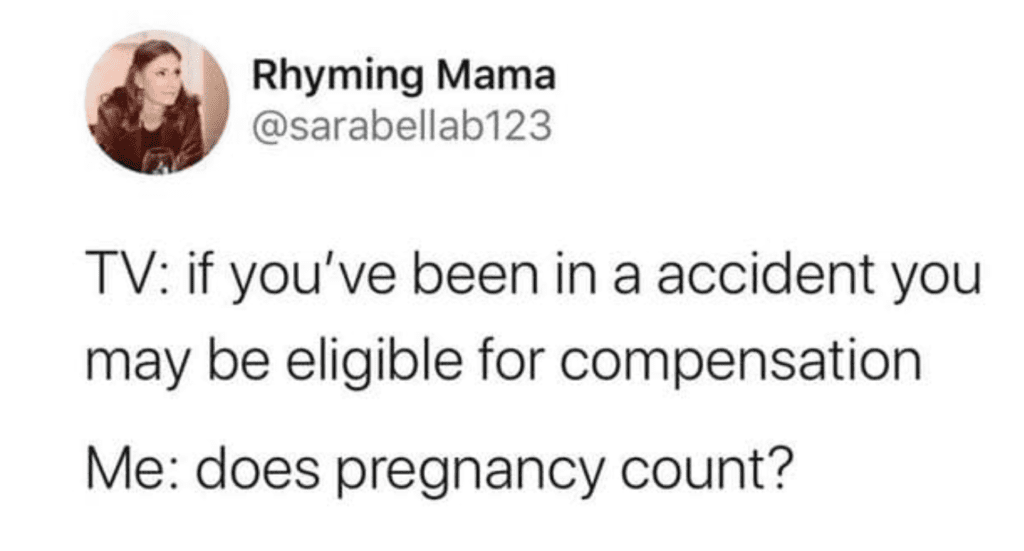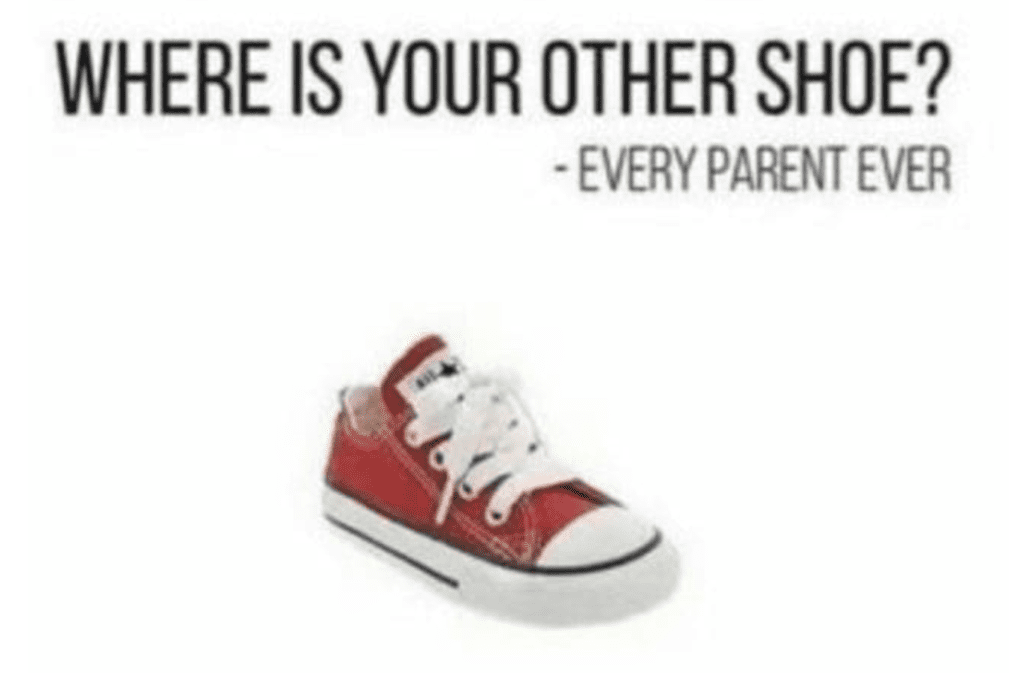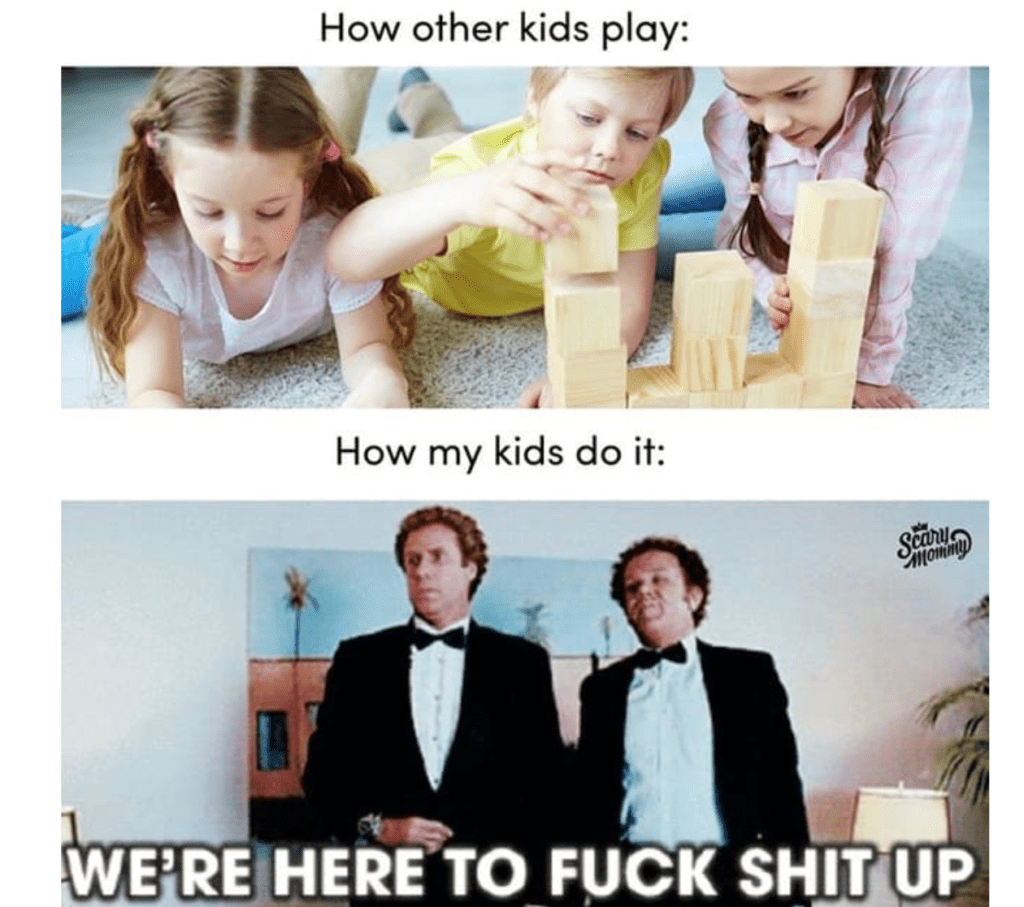Parenting is tough, and even though there is plenty of advice that applies across the board, the truth is that being a dad and being a mom really are different gigs.
If you’re a new dad or a dad who’s having a rough day, week, or teenage years, well, sometimes you just need a word of advice from dads who have been there and survived.
Here are 18 bits of advice if you’re in that place right at this very moment.
18. A spoonful of sugar
“When kids are young, you can convince them anything is fun. So, while you can’t have them scrub the floor, you can have them do little stuff, like matching the Tupperware lids to the containers.
My three-year-old loved to do that. This one came from my mom, who told me she used to have us clean out the refrigerator every week. She told us it was a game, and we totally bought it.”
—Isaac, 32, Minnesota
17. Be specific when you want their help
“Don’t just say, ‘Your room is messy!’ You have to be specific.
Tell your kids about the dirty clothes on the floor, the empty water bottles all over, and the unmade bed. Messy is such a subjective word. What’s messy to you might not be messy to your kids, your spouse, or anyone else. So you have to articulate exactly what is unacceptable, and why.
When I was a kid, I didn’t mind doing chores because my mom was so specific. I always knew exactly what had to be done. She said doing it that way helped keep her sane, too.”
—Adam, 36, New York
16. Don’t accept disrespect
“My grandfather never, ever let us disrespect him. Even if we were just playing around.
When I asked him why, he asked me if I loved him. I told him I did, very much. He said, ‘If you disrespect someone you love, what will keep you from doing it to anyone else?’
He was a Marine, so he commanded respect. And he knew how important it was to being a good person.”
—Jim, 42, New York
15. Embrace natural consequences
“It’s like the difference between telling your kids not to put their hands on a hot stove, and them learning how much it hurts by actually doing it.
My sister is a teacher — and a mother — and she told me this when my son started getting a little older. ‘Natural consequences’ are like breaking your hand if you punch a wall, or burning your mouth if you eat pizza right out of the oven. Obviously, you don’t encourage your kids to do stuff like that just for the sake of learning what hot pizza feels like.
It’s more of a ‘What did you think was going to happen?’ teachable moment.”
—James, 37, New York
14. Discipline is about teaching, not punishing
“If you punish a child without teaching them a real lesson, you’ve done nothing to help them grow.
A friend of mine told me that when I became a dad. He had a son who was about 10, and he expressed the importance of making discipline and punishment into two separate things. Discipline is the act of exploring what someone did wrong, and punishment is the consequence for that action.
You can’t just ground a kid and expect him or her to grow.”
—Chuck, 29, California
13. All or nothing can be okay
“Give your kids 100 percent of your attention, or none of it at all until you can. Kids know when they’re being ignored.
Even worse, though, they know when they’re being dismissed. So, if you’re able to ask them to wait while you take a phone call, or whatever, instead of half-assing a conversation with them, you’ll both be able to give it 100 percent. I was raised by my grandmother, so she was really old school about that sort of thing. Look each other in the eyes, and connect.
She told me that those conversations with us were some of her fondest memories, so I try to do that as much as I can with my kids.”
—John, 37, Ohio
12. They remember the little things
“Some of the best memories I have of growing up were when my mom and dad used to come surprise me at school and take me out to lunch.
We’d go to Burger King for the onion rings, and then to Dairy Queen for a cherry slush. It didn’t happen regularly, which is what made it so special. It was almost better than birthdays. When I asked why they did it, they told me they needed a break from their days, and they wanted to spend it with their favorite person.
That meant so much to me.”
—Edward, 37, West Virginia
11. Be careful what kind of relationship you model in front of the kids.
My mother used to get so upset when she would be disciplining us and my dad would walk in and interrupt. She taught me that parents have to be a united front.
If you don’t agree with something your spouse is saying, that’s okay. But deal with it after he or she has set the rules with the kids. Of course, this doesn’t apply to anything harmful or dangerous toward your child. But a new parenting style, or discipline policy can be discussed in private. My parents told me that they made a point to never let us see them argue.
Instead, they’d tell us they had an argument, and then explain how they worked it out. It impressed the importance of communication on me at an early age.”
—Charles, 35, California
10. Interested is interesting.
“I learned this from a movie, actually.
It basically means that the best way to make yourself interesting is to become interested in someone else. Listen to their story. Ask questions. Make them feel important. The best thing I’ve done as a parent is to become actively interested in my kids’ lives. And it’s genuine, too. I want to know what they like, what they don’t like, what they think is funny, what stresses them out…everything. The movie was Loser with that kid from American Pie.
Easily the most random pearl of wisdom I’ve ever collected.”
—Chris, 37, Ohio
9. Let your kids struggle.
“It’s hard, but my dad said some of his favorite memories of me growing up involved watching me struggle and then succeed.
There were so many times, he said, where he wanted to jump in and help, but held back and let me figure something out on my own.
He said it was so difficult, but so, so rewarding.”
—Jared, 34, California
8. Don’t sweat the small stuff.
“The real goal of parenting is to try and help your kid try and figure out who he or she is.
Learn who that is — who your kid is at his or her core, heart, and soul — and encourage the best version of that. The actual mechanics of parenting — bedtimes, cleaning your plate, etc. — really don’t have much to do with that. I asked my mom her strategies on stuff like that once.
She said, ‘I don’t fucking remember. I just wanted you to be happy, safe, and kind.’”
—Ethan, 35, Connecticut
7. Teach healthy boundaries.
“I learned to share, but I also learned not to share.
When I was about 7 or 8, my dad told me that it was nice to share my toys, but it wasn’t necessary. That it would make other people happy, but that it was okay to protect my things. I try to preach that to my kids, too. They’re so naturally generous that I want to make sure they know that it’s okay to keep things for themselves. Especially things they’ve worked for, or earned.
It didn’t make me selfish, just better at creating healthy boundaries.”
—Stephen, 37, Washington, D.C.
6. Pick your battles.
“This is another way of saying ‘pick your battles’. You just have to.
My wife taught me this one. It’s sort of her mantra, even beyond raising kids. You’re going to have stress in life. That’s obvious. Some stress is primary — your kid gets sick, you lose your job, and stuff like that. But other stress is usually secondary, and you don’t need to deal with it right away. Sometimes not at all.
If you can choose which situations you actually allow to stress you, you can do a much better job managing being a parent.”
—Joel, 30, North Carolina
5. Always say I love you.
“Just don’t waste a single chance to tell your kids they love you. Even if it embarrasses them. And even if it’s a thousand times a day.
It’s terrifying and morbid to say, but you never know if you might be speaking to someone for the last time. You just never know. So, no matter what, no matter if we’re or angry, or exhausted from laughing, we always end every conversation with ‘I love you’.
It’s a tradition my mother and father taught me when I was a kid, and it’s a good one.”
—Hayden, 36, Toronto
4. Don’t be afraid to ask for help.
“I was amazed at how willing a random, fellow dad was to help me deal with a diaper issue in a Target bathroom.
I was a new dad, and a friend of mine — also a dad — said that asking other dads for help is par for the course, within reason. This was completely out of reason. I mean, a dirty diaper? But the guy pitched in like it was his own kid. I was blown away and humbled. And I’ve paid it forward several times.
Luckily, no random dirty diapers, but I’m not shy about pitching in if I see another dad struggling to carry groceries, or something like that. We’re in this together, right?”
—R.J., 26, Louisiana
3. No one can argue with a medical degree.
“This one works with intrusive in-laws and annoying friends.
Whatever opinions they have that don’t mesh with your parenting style can be instantly negated by saying, ‘Oh, well, the doctor told me to do it this way. So…’ They might push back, but you’ve got credibility on your side. Even though it’s made up.
Ya know who told me to do that? The doctor.”
—Dylan, 34, Nevada
2. Let them know emotions are normal.
“As a kid, emotions are scary because they’re so unfamiliar. You know the basics — happy, sad, scared, etc.
But, when you start having more complex emotions, you really struggle to identify them. Being a parent, if you can use words like ‘confused’, ‘aggravated’, and ‘overwhelmed’ in front of your kids to describe your emotions, they’ll become better at doing it themselves.
I’m a parent, but I’m also a teacher, so I credit one of my college professors with that nugget. It’s absolutely true.”
—Ian, 34, Arizona
1. Show affection, and not just to the kids.
“My mom and dad were very affectionate. And I remember it fondly.
I remember my dad sneaking kisses here and there, and my mom hugging my dad whenever she got the chance. Even when they weren’t at their best, it was clear that they were so in love. And that always made me feel safe as a kid. Like things would always be okay, thanks to the power of love.
I brought it up once, and my dad almost didn’t even realize he did it. He just said, ‘I love your mother so much. I’m not embarrassed to show it.’”
—Marcus, 36, Texas
I’m not a dad, but I can tell you that good advice is precious and should be filed away for a rainy day.
What’s the best advice you’ve gotten from another dad? Share it with us in the comments!
The post 18 Pieces of Parenting Advice From a Dad appeared first on UberFacts.
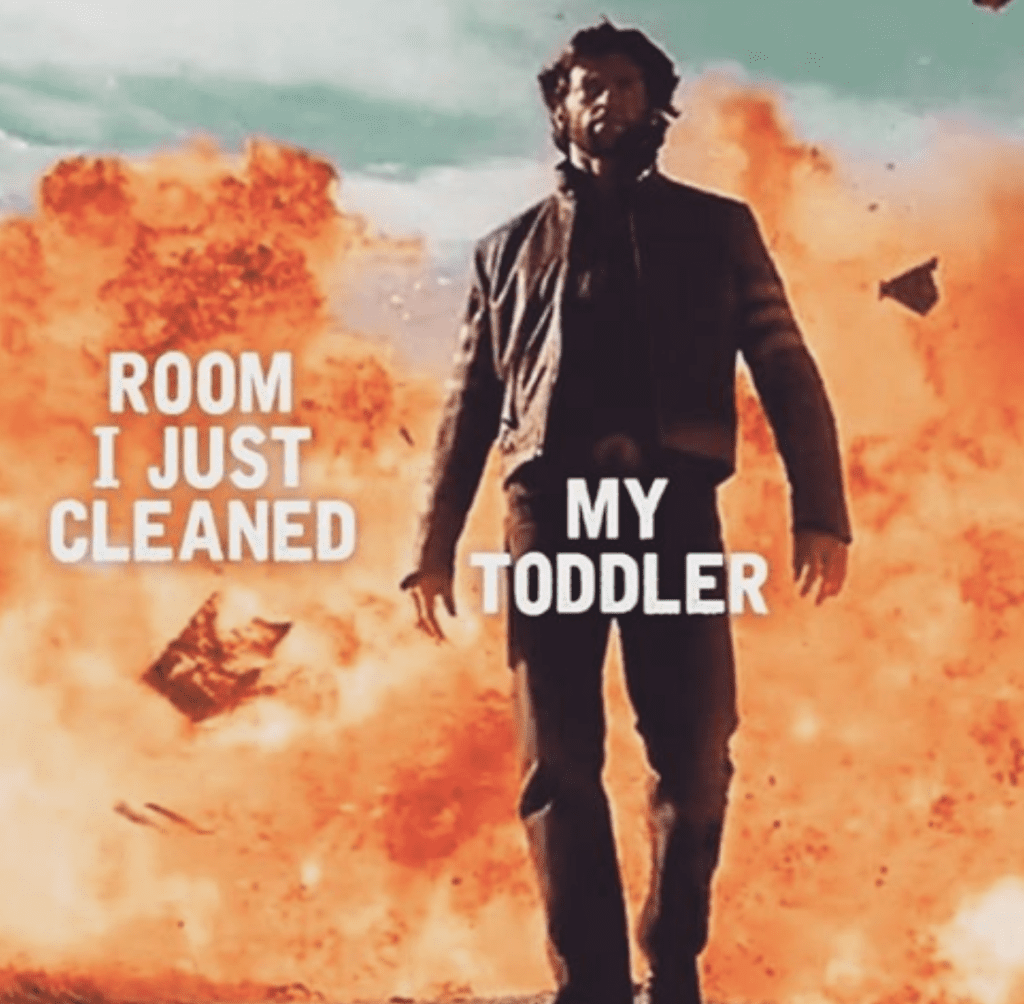


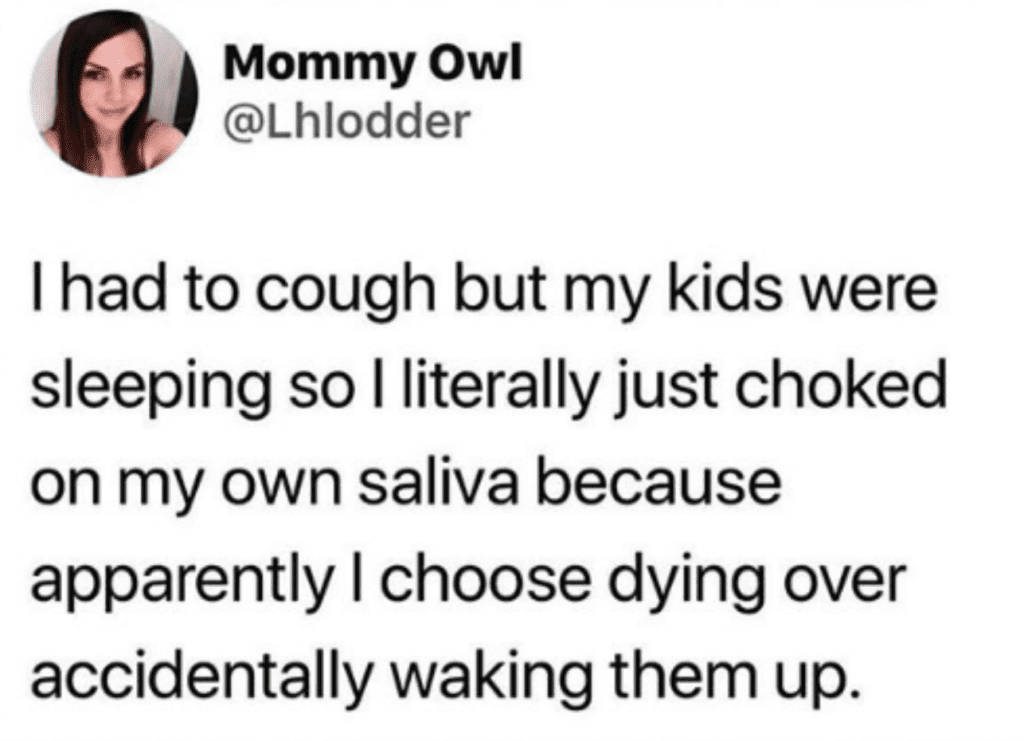

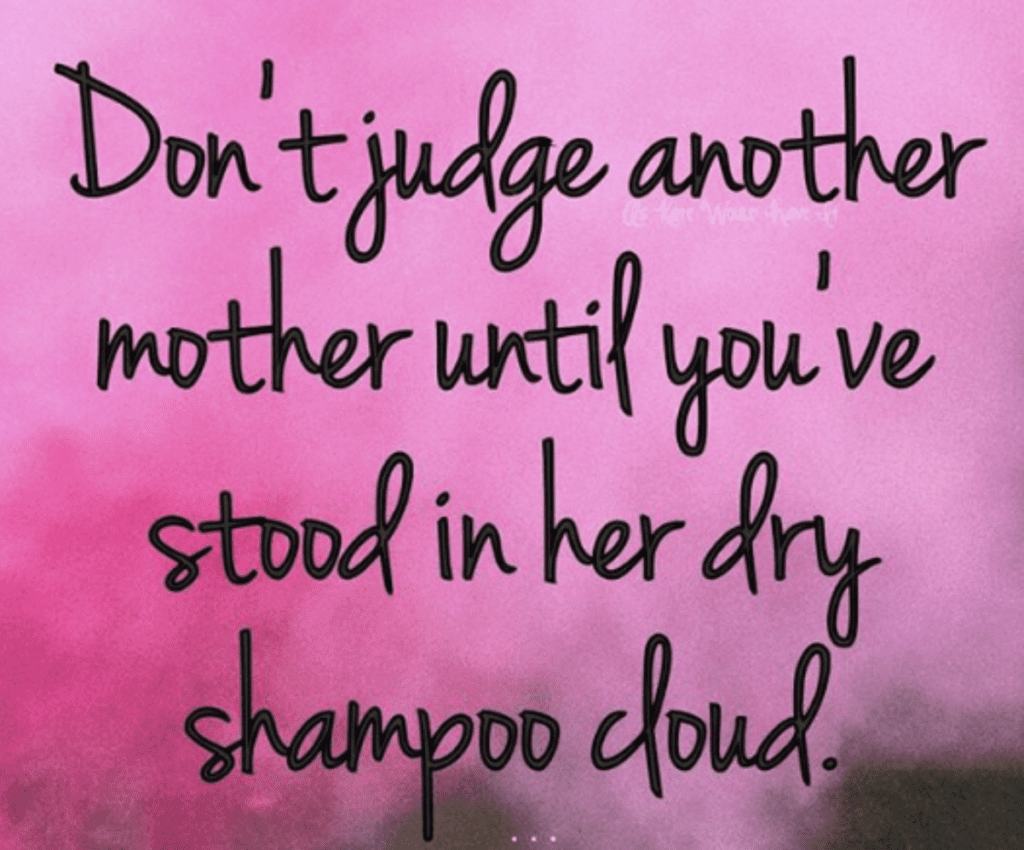
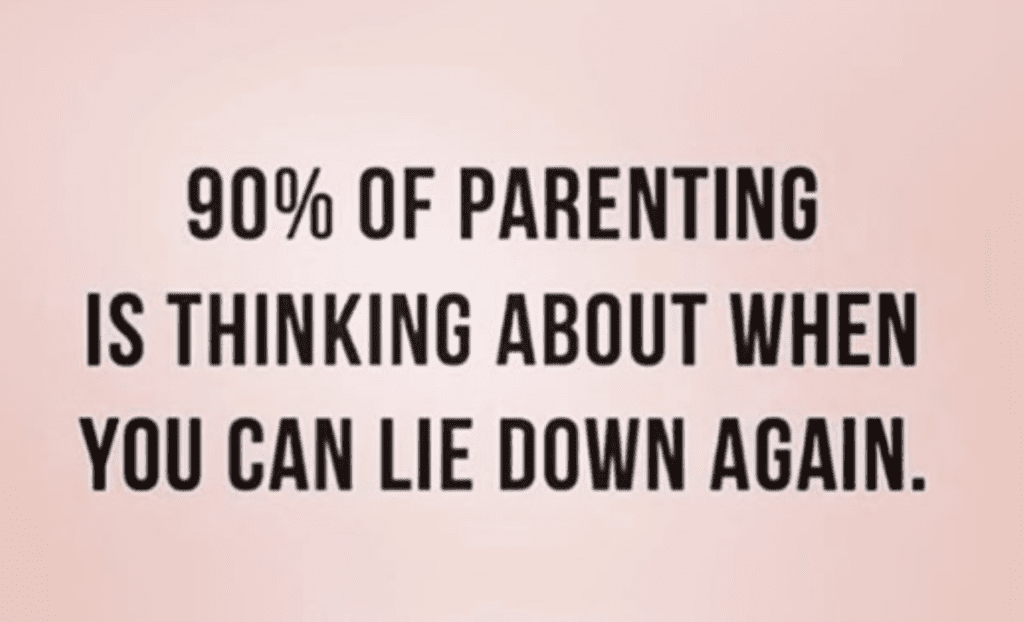
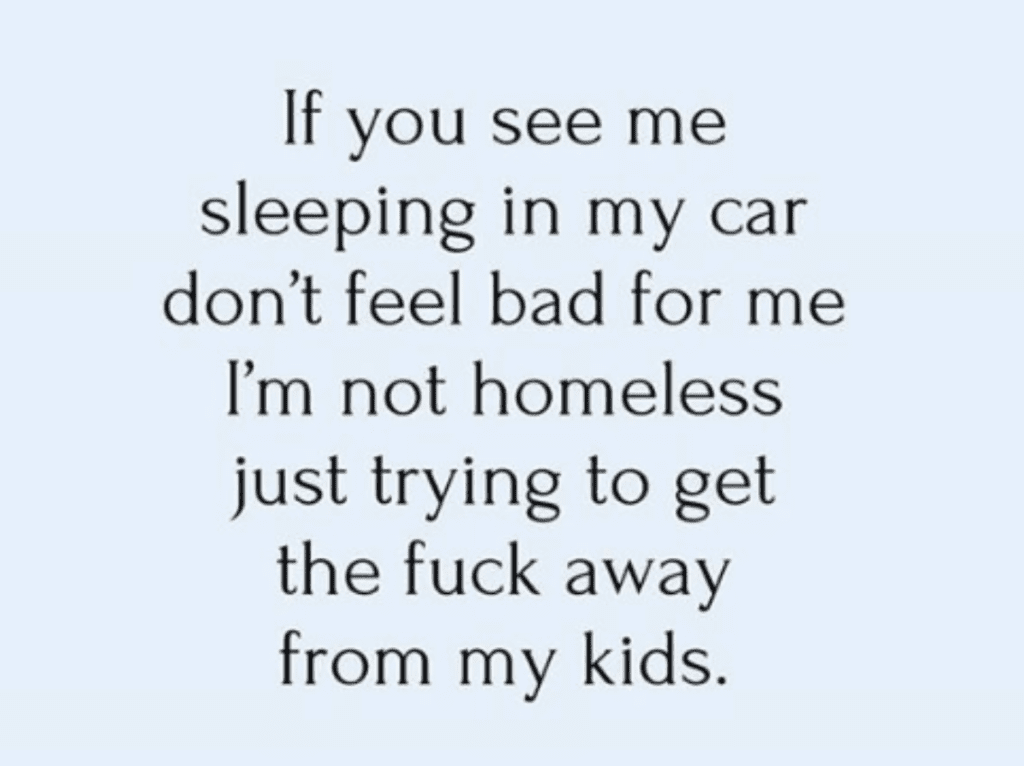


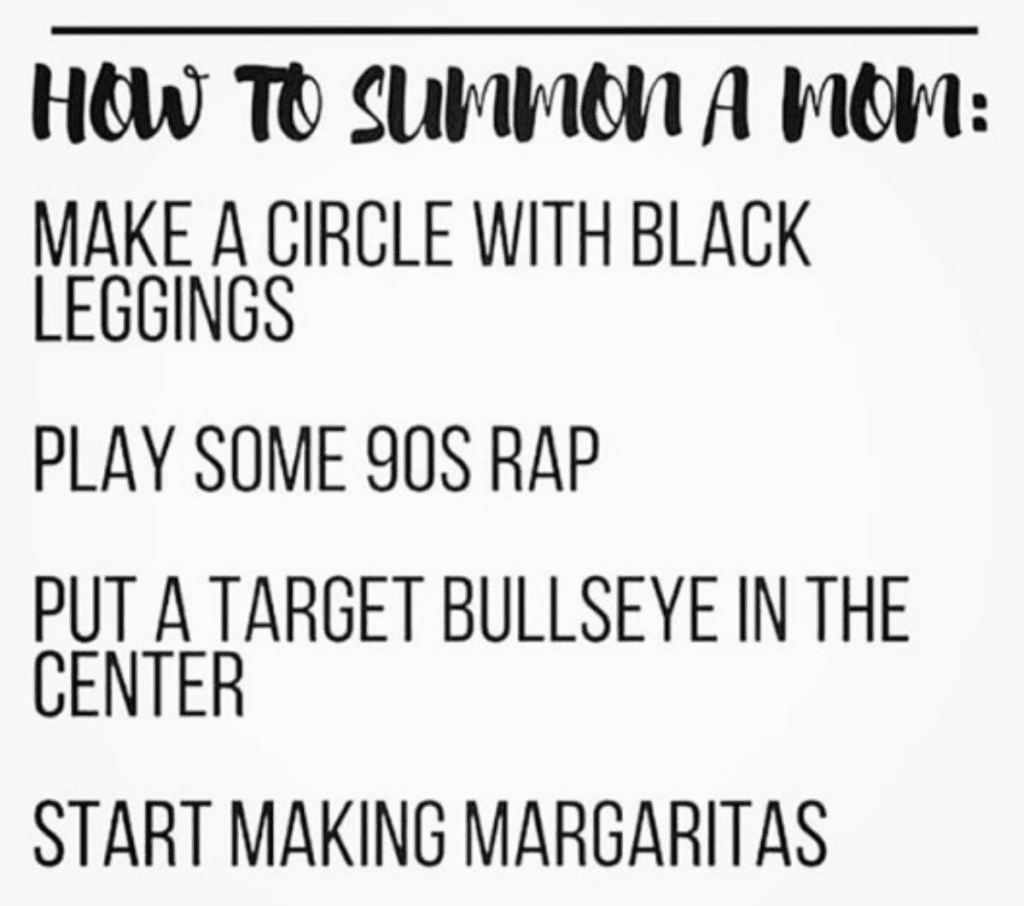
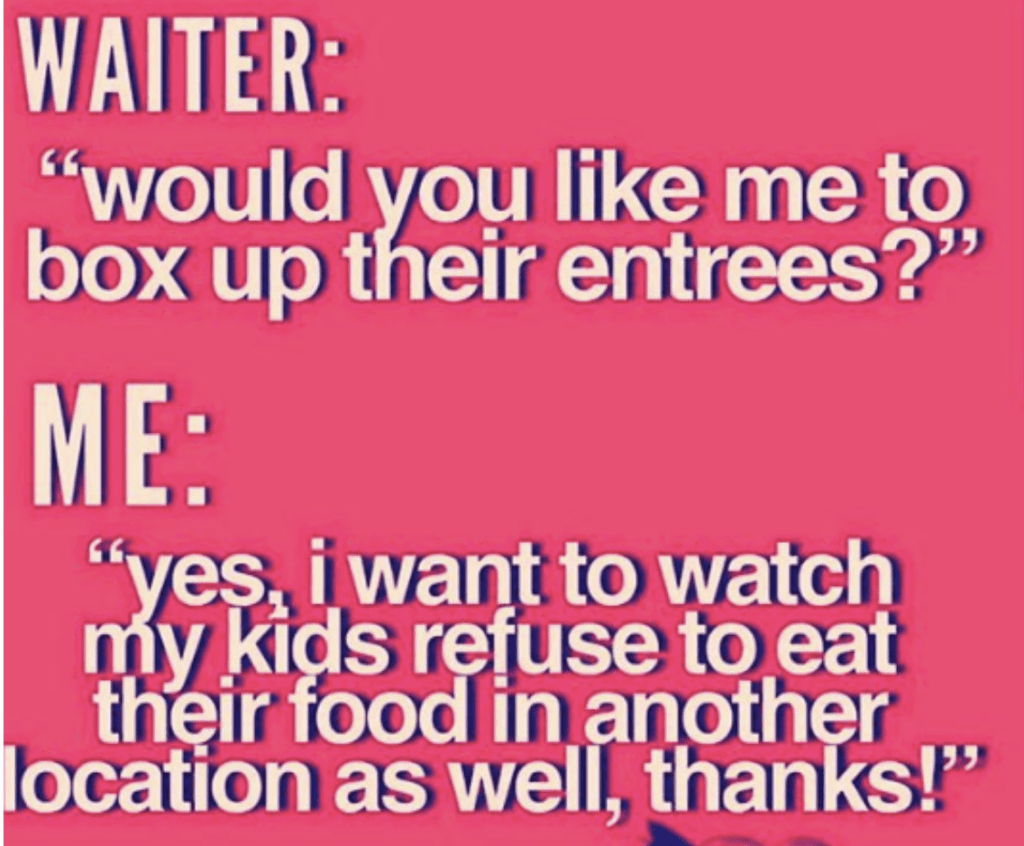


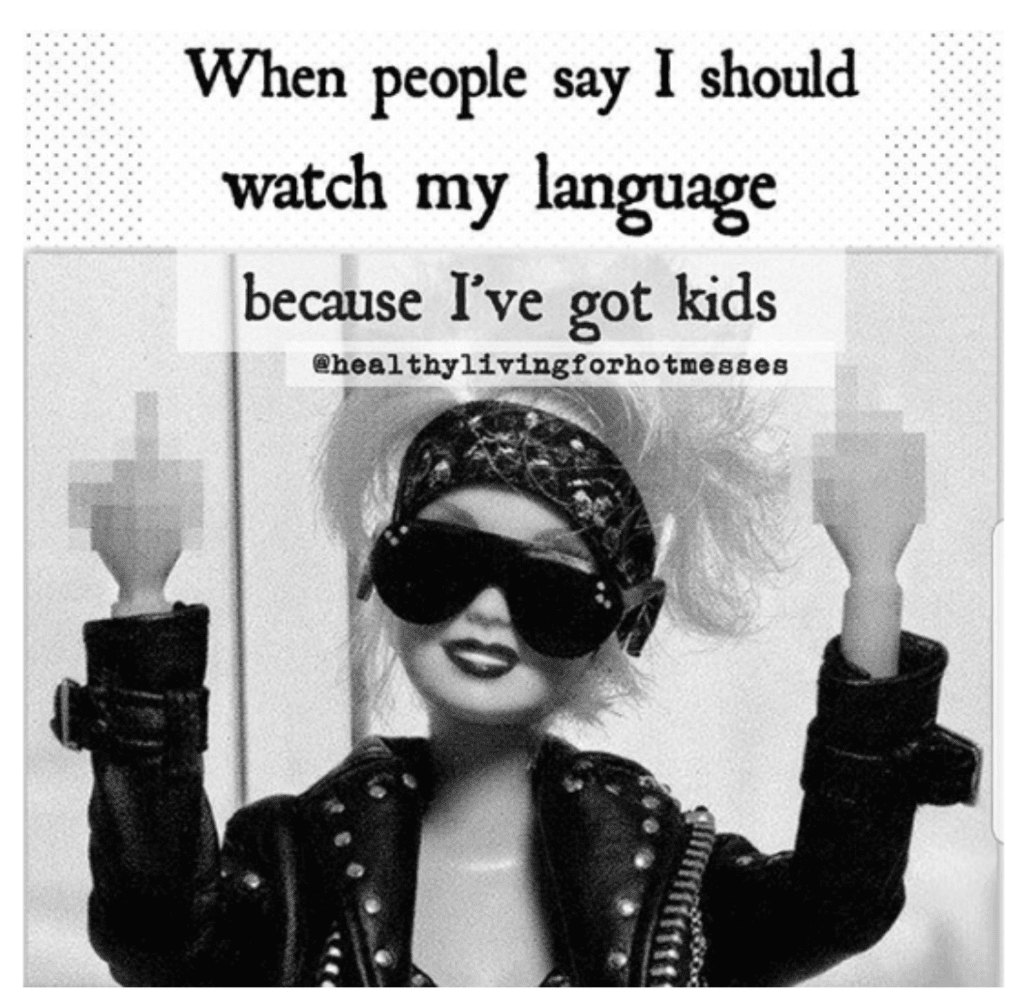
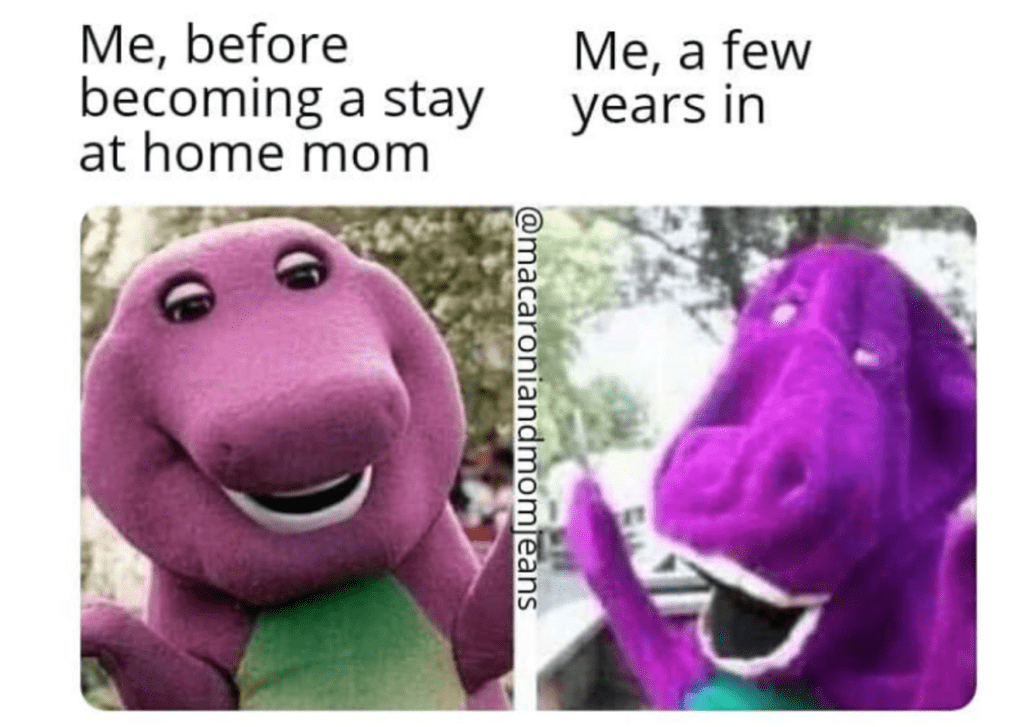
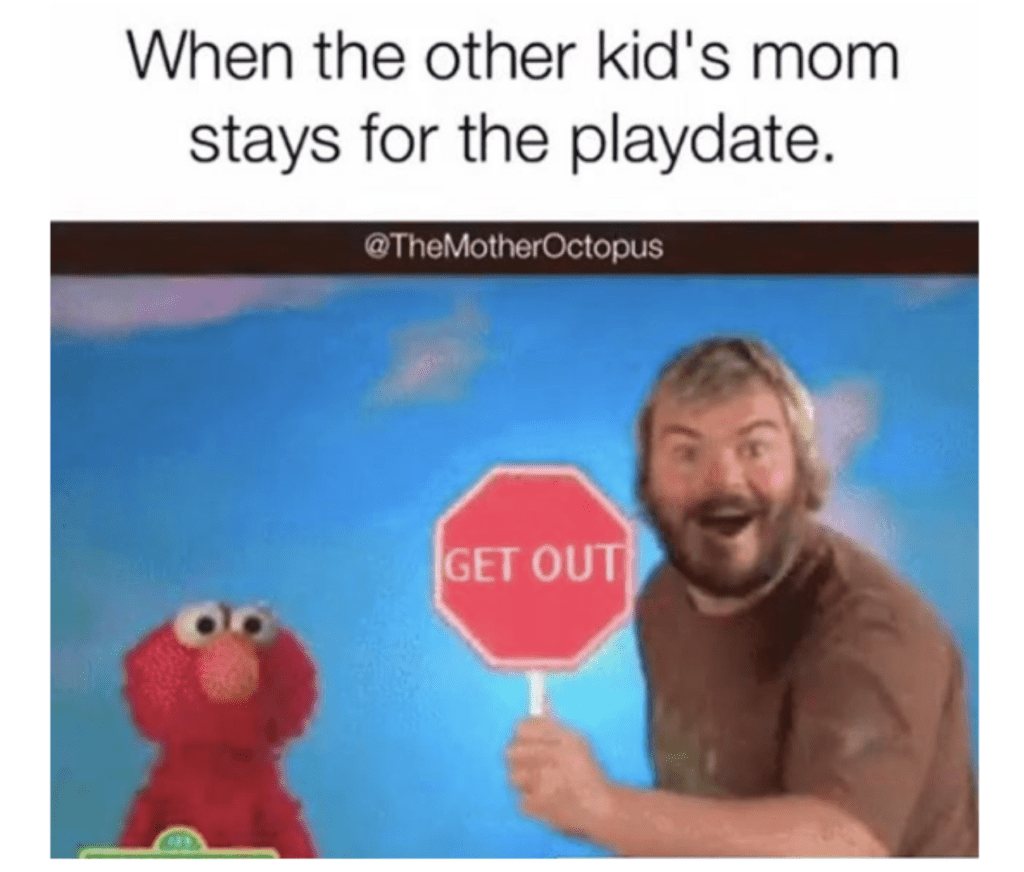
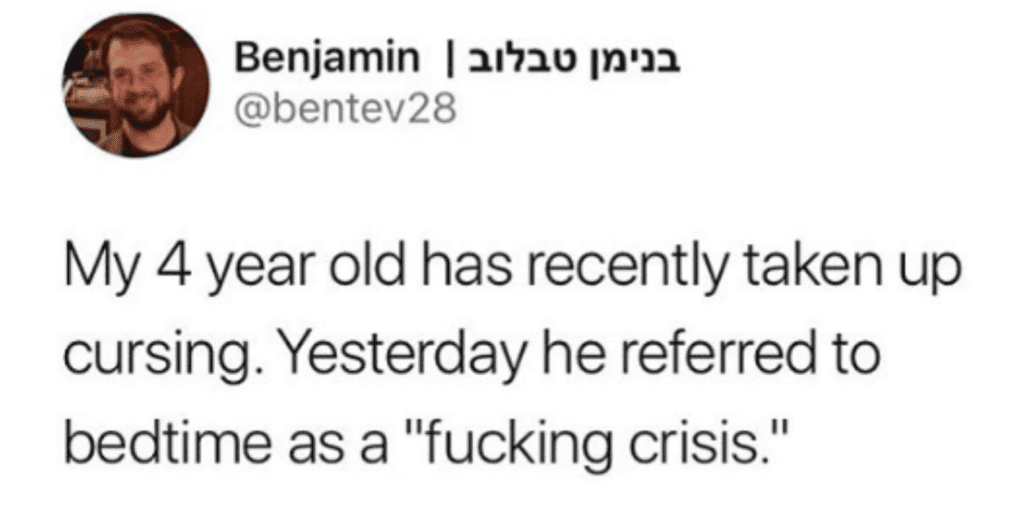
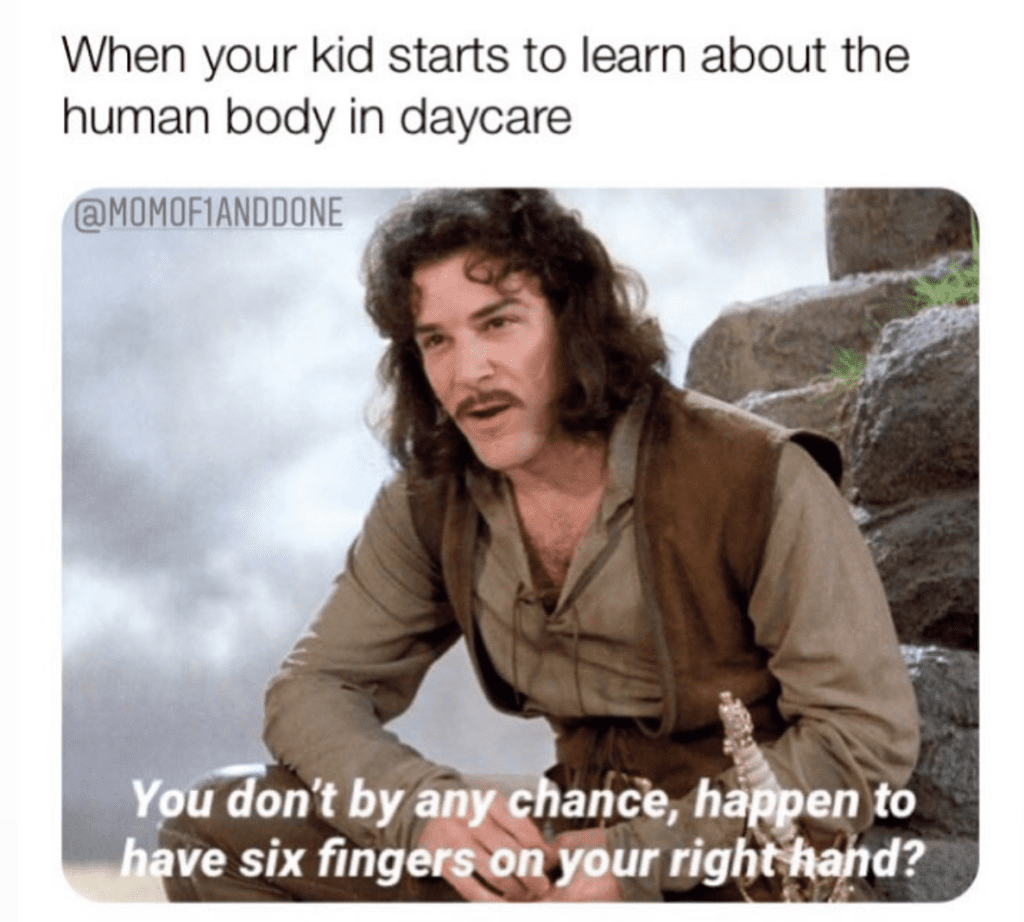

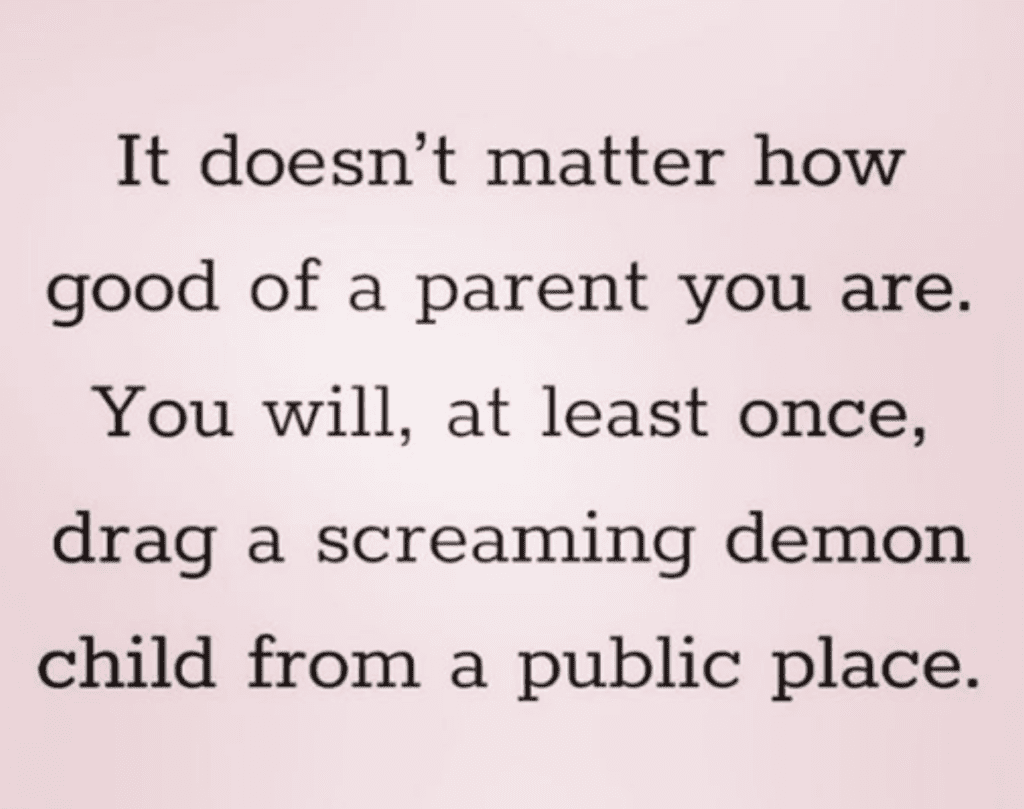

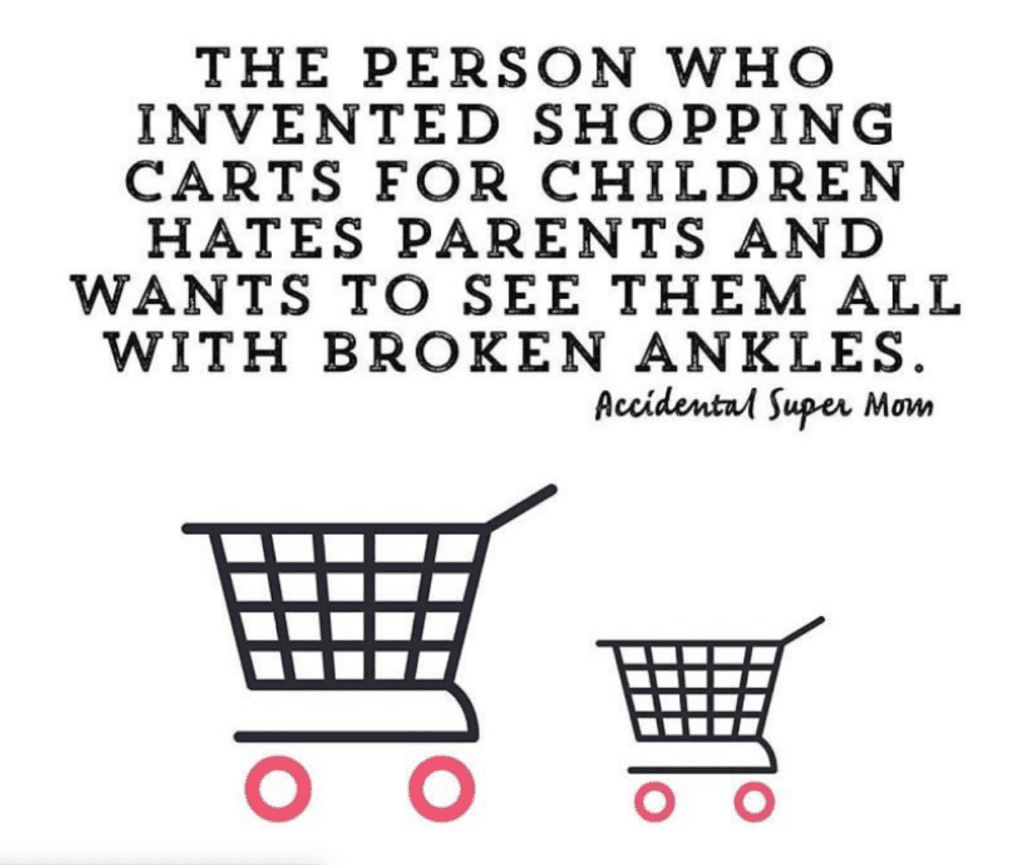
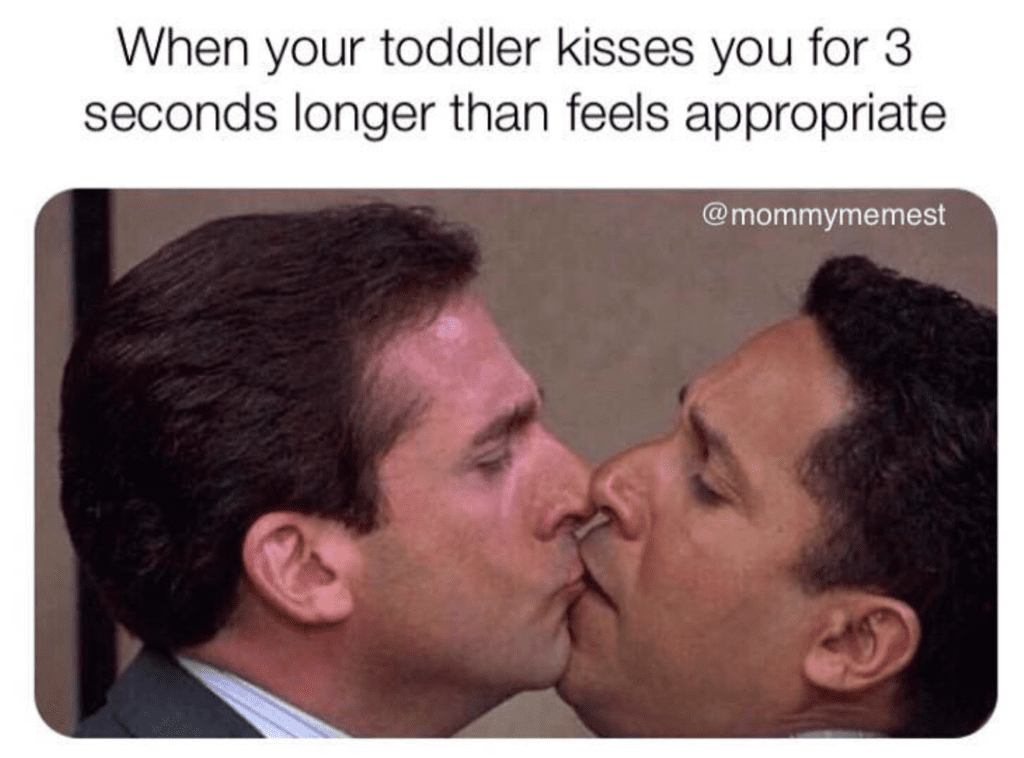


 (@michimama75)
(@michimama75)  MacgyveringMom22
MacgyveringMom22 (@MacgyveringM22)
(@MacgyveringM22) 
 #hediedtooyoung #rip #harambe #harambememes #dicksout #dicksoutforharambe #hediedforyoursins #dead #gorilla #zoo #ornah #children #childleashesofinstagram
#hediedtooyoung #rip #harambe #harambememes #dicksout #dicksoutforharambe #hediedforyoursins #dead #gorilla #zoo #ornah #children #childleashesofinstagram #momlife #parentinghacks #mommyblogger #mommyandme #lovethislittlegirl #childleashes #happybabyhappymommy #motherhoodunplugged
#momlife #parentinghacks #mommyblogger #mommyandme #lovethislittlegirl #childleashes #happybabyhappymommy #motherhoodunplugged (@MomOf2Happas)
(@MomOf2Happas)  doo do doo do doo do doo do (@dishs_up)
doo do doo do doo do doo do (@dishs_up) 
